By Jennifer McChriston | Senior Correspondent –
June 2025 – Global Desk
For over seven decades, the United States has played a central role in shaping global financial norms, trade patterns, and international governance. This leadership has often been articulated through the defense of democratic values, humanitarian intervention, and global stability.
Yet a closer look at the intersections between global energy trade, monetary policy, and international conflict suggests an underlying economic dimension to many foreign interventions—particularly those involving countries seeking to diversify away from the U.S. dollar.
This article explores how monetary independence efforts by various nations—especially in the Global South—have coincided with heightened geopolitical pressures, regime instability, and external influence, raising important questions for students of international relations and global law.
Understanding the Petrodollar System
Following the collapse of the Bretton Woods gold standard in 1971, the U.S. established an arrangement with Saudi Arabia whereby oil exports would be priced exclusively in U.S. dollars. This “petrodollar system” made the dollar the default currency for global commodities trade.
Implications of this system include:
– Global demand for U.S. dollars to purchase energy.
– The ability of the U.S. to finance deficits more sustainably.
– Strategic leverage through financial sanctions and banking systems
Countries proposing alternative systems or seeking monetary independence have sometimes faced diplomatic isolation, financial pressure, or internal unrest—developments many analysts believe are linked to broader efforts to maintain global currency stability.
Economic Sovereignty and Political Consequences:
Case Studies
Muammar Gaddafi (Libya)
Advocated a gold-backed dinar for African trade.
Proposed an African Central Bank.
Faced NATO intervention in 2011; the country has since experienced fragmentation.
Saddam Hussein (Iraq)
Began selling oil in euros in 2000.
Was removed following a U.S.-led invasion in 2003, based on allegations later proven false.
Bashar al-Assad (Syria)
Opposed pipeline projects aligned with Western energy interests.
Syria has faced a decade-long war involving international and regional actors.
Yasser Arafat (Palestine)
Supported economic independence and regional integration.
Died under unclear circumstances in 2004; leadership was significantly weakened.
In each case, attempts to foster regional monetary independence or challenge prevailing trade norms occurred alongside significant geopolitical events.
Recurring Patterns Beyond the Arab World.
Leader Country Economic Action Subsequent Consequence.
Mohamed Mossadegh Iran Nationalized oil 1953 CIA-backed coup.
Thomas Sankara Burkina Faso Rejected CFA franc, resisted IMF reforms Assassinated in 1987.
Hugo Chávez Venezuela Proposed regional oil trade in local currencies Faced sanctions and coup attempts.
Nicolas Maduro Venezuela Launched “Petro” cryptocurrency Sanctions and internal unrest.
Russia & China BRICS+ Trade oil/gas in yuan, rouble Increased financial decoupling
Each scenario highlights the delicate balance between economic policy choices and their geopolitical ramifications.
Tools of Modern Influence: Mechanisms of Pressure
1. Financial Sanctions. Used to restrict access to global markets and deter policy divergence.
2. Military Interventions. Applied when vital interests—often including energy infrastructure—are perceived to be at stake.
3. Proxy Support and Political Realignment. Includes funding opposition groups, influencing electoral outcomes, and supporting transitional governments.
4. Development Finance and Economic Policy Conditionality. Monetary institutions sometimes tie loans to structural adjustments that affect national sovereignty.
Legal and Normative Considerations
Under Article 2 of the UN Charter, member states are prohibited from intervening in the internal affairs of other sovereign states. However, evolving doctrines like the Responsibility to Protect (R2P) and the strategic use of sanctions have blurred these lines.
Moreover, the International Criminal Court has come under criticism for selective enforcement
Legal mechanisms to address financial coercion remain underdeveloped
Sovereign equality remains a cornerstone principle, yet enforcement is inconsistent
Educational Takeaway:
Interdependence and the Future of Sovereignty
Today’s international system reflects a complex mix of interdependence, competition, and innovation. With BRICS+, digital currencies, and alternative trade systems on the rise, many countries are exploring new paths toward monetary autonomy.
This shift invites scholars, policy professionals, and civil society leaders to consider:
How can financial systems evolve without triggering instability?
What legal mechanisms can safeguard sovereignty while preserving global order?
How should global institutions adapt to emerging multipolar realities?
Conclusion:
Currency, Sovereignty, and the Emerging World Order
Regime change and monetary systems may seem like separate issues—but history shows they are often connected. Whether directly or indirectly, nations seeking to move beyond the U.S.-led financial architecture have faced intense scrutiny, pressure, and—at times—instability.
As Africa, Latin America, and parts of Asia pursue greater self-determination, the world faces a choice: uphold a rules-based order that respects economic autonomy, or continue operating under asymmetries that favor status quo powers.
The Independentist news 2025: Knowledge Before Judgment. Insight Before Intervention.
Jennifer McChriston is Senior Correspondent for The Independentist, focusing on global economic policy, post-colonial statecraft, and international legal development.













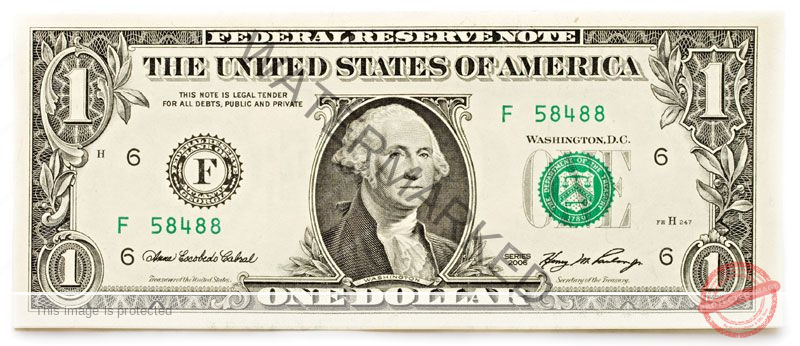
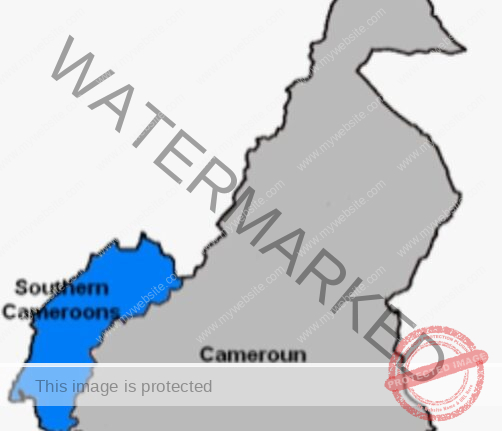


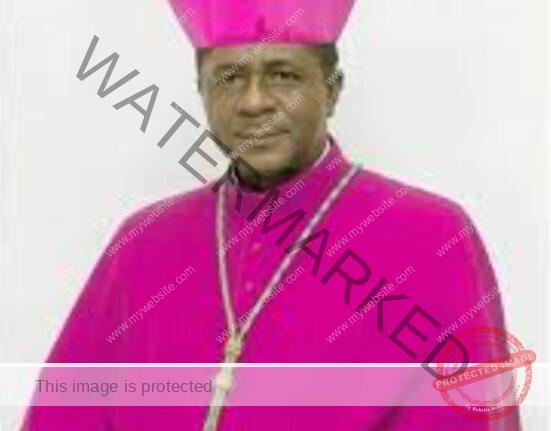
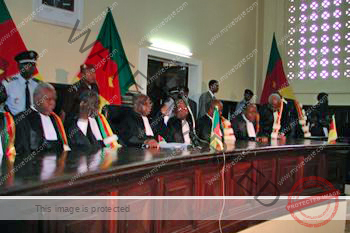
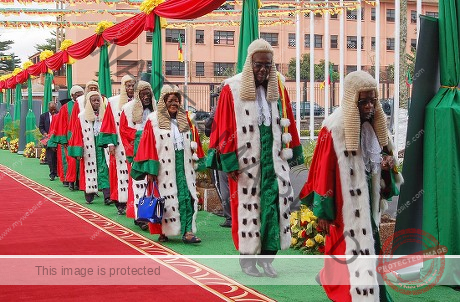

Leave feedback about this